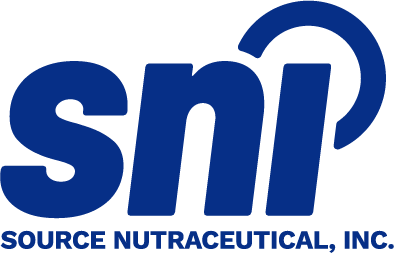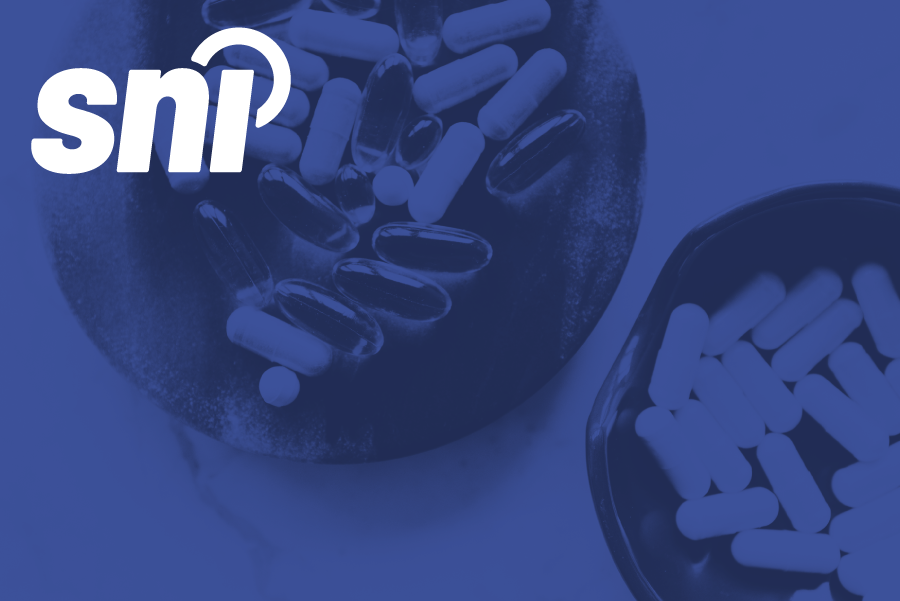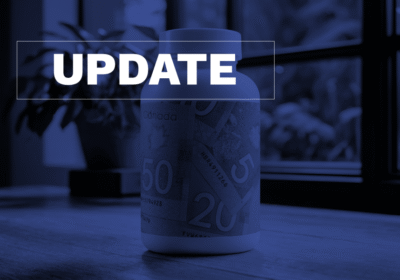Canada’s growing wellness market presents a strong opportunity for companies looking to expand their product offerings, especially in the natural health space. But before launching any Natural Health Product (NHP), businesses must navigate Canada’s robust regulatory framework.
Understanding the basics of NHP compliance is key to accessing the Canadian market, gaining consumer trust, and avoiding costly delays or enforcement actions. Here’s a high-level guide to help you get started.
What Are Natural Health Products?
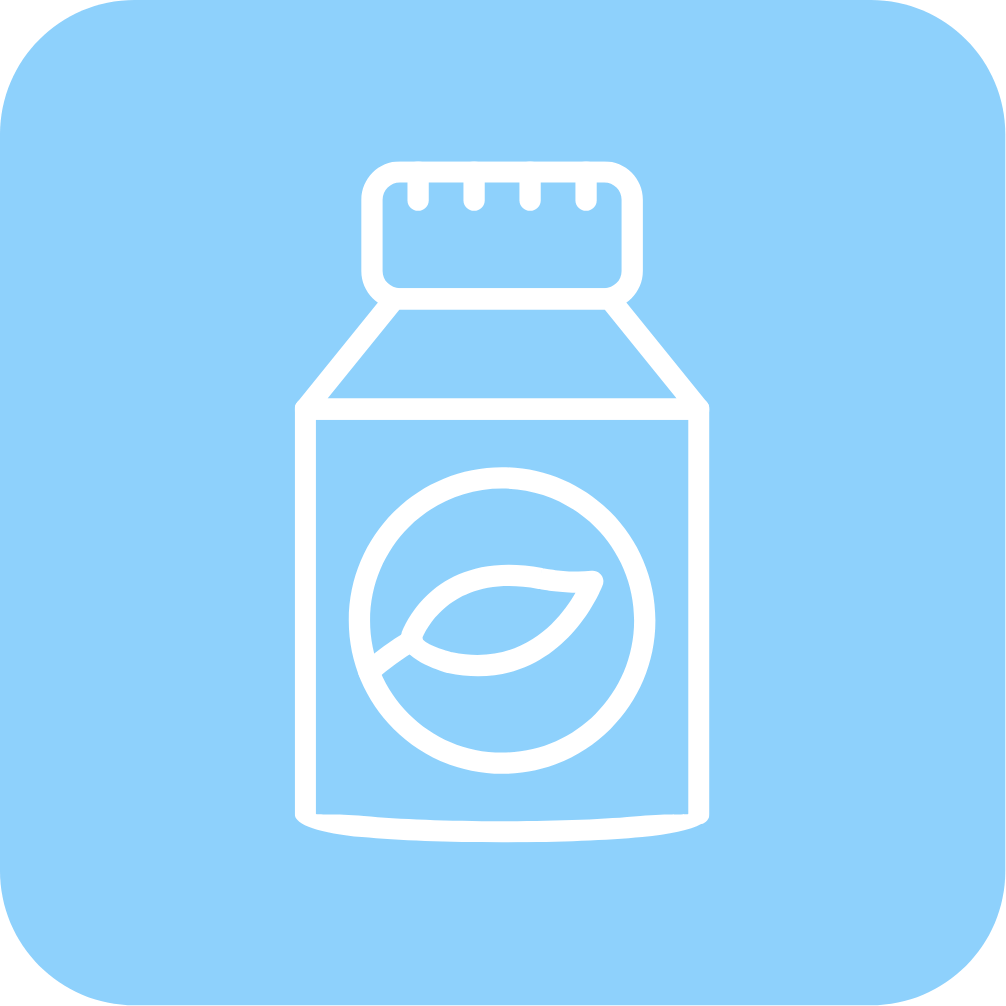
Natural Health Products (NHPs) include vitamins, minerals, herbal remedies, probiotics, amino acids, essential fatty acids, and other substances used to support health and wellness. They can come in various forms such as capsules, liquids, creams, and drops, and are sold without a prescription.
Unlike prescription drugs, NHPs are regulated under Canada’s Natural Health Products Regulations, which focus on ensuring safety and efficacy while allowing for over-the-counter use.
Why Are NHPs Regulated in Canada?
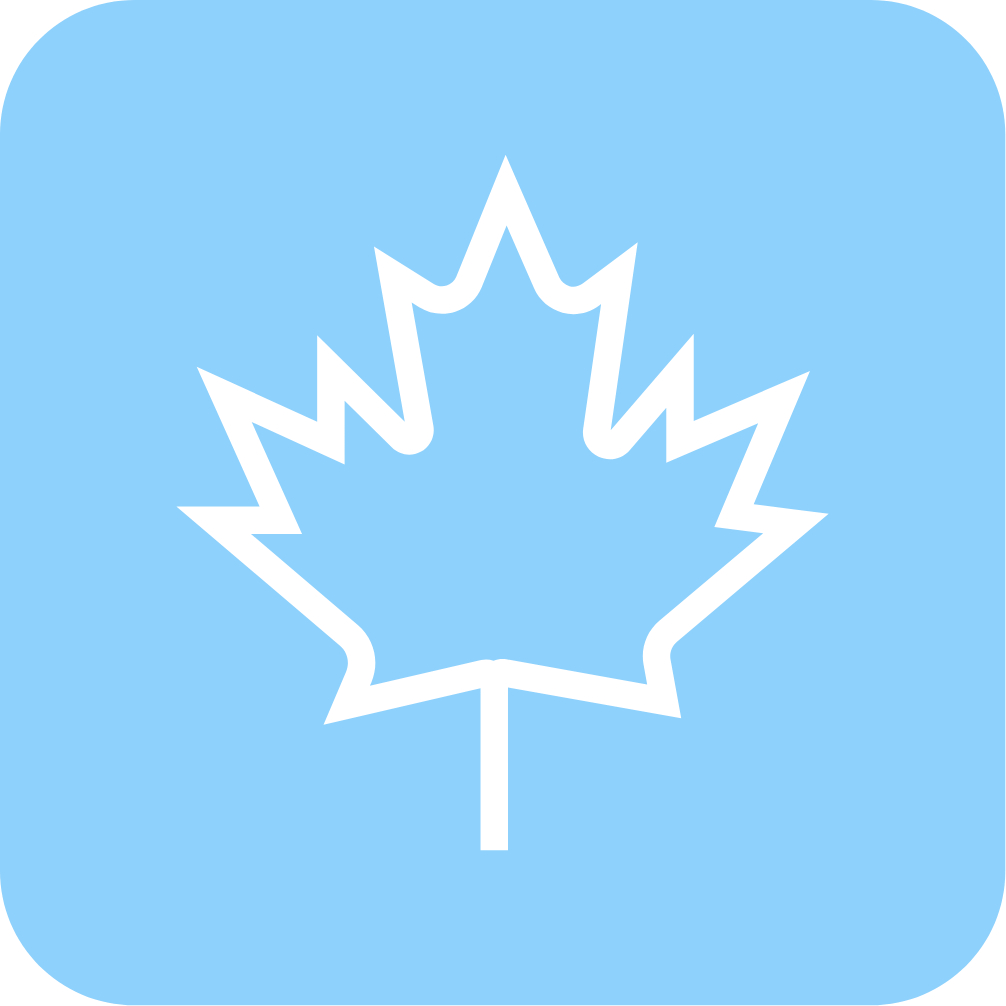
The goal of the NHP regulatory framework is to ensure that health products sold to Canadians are safe, effective, and of high quality. The regulations require companies to support any health claims with appropriate scientific or traditional use evidence and to comply with clear labelling and manufacturing standards.
This not only protects consumers but also supports business transparency, helping companies build a strong and trustworthy brand in a competitive market.
Key Licensing Requirements
To legally market NHPs in Canada, companies must obtain two types of licences:
Site Licence: Required for any Canadian site that manufactures, packages, labels, or imports NHPs. This licence confirms that the site complies with Good Manufacturing Practices (GMPs).
Product Licence (NPN): Each product must be reviewed and approved by Health Canada, which issues a Natural Product Number (NPN). The review covers safety, efficacy, quality, and labelling.
The licensing process can vary depending on the complexity and risk classification of the product, but submitting a well-prepared application can significantly reduce delays.
What’s Included in a Product Licence Application?
When submitting a Product Licence Application (PLA), companies must include:
- Ingredient specifications and testing results
- Finished Product Specifications (FPS)
- Bilingual labelling and dosage instructions
- Supporting evidence for safety and health claims
If the product falls within an existing Health Canada monograph, the process can be faster. Otherwise, additional documentation such as clinical studies or literature reviews may be required.
What Happens After Approval?

Once approved, NHPs must comply with post-market surveillance requirements. Health Canada monitors products through inspections, complaint follow-ups, and enforcement measures to ensure continued safety and compliance. Companies are also responsible for maintaining up-to-date documentation and reporting adverse events.
Why Compliance Matters
Complying with Canadian NHP regulations offers several business advantages:
- Faster time to market
- Fewer regulatory delays
- Stronger brand credibility and consumer trust
- Competitive edge both domestically and internationally
An NPN not only opens doors in Canada but can also support market access in other jurisdictions that recognize Health Canada’s regulatory standards.
The Risks of Non-Compliance
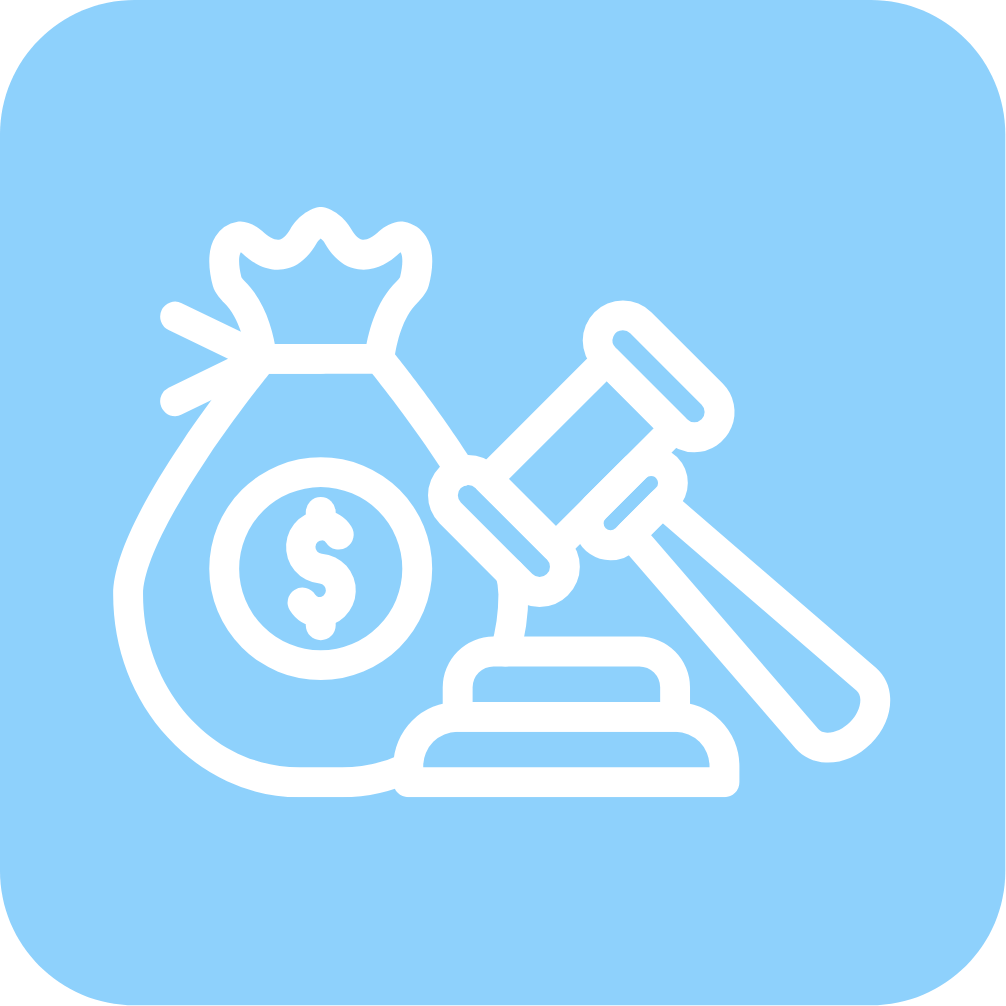
Failing to comply can result in product recalls, fines, or licence suspension. For businesses, this could mean reputational damage, financial loss, and restricted access to market.
Working with regulatory experts helps avoid these setbacks by ensuring your application is complete and compliant from the start.
Final Remarks
Navigating Canada’s Natural Health Product (NHP) Regulations may seem complex, but with the right understanding and guidance, the process becomes much more manageable. From securing the necessary licences to meeting labelling and quality requirements, compliance is not only essential for legal market entry, it’s also key to earning consumer trust and building a credible brand. By staying informed and taking a proactive approach, businesses can confidently bring safe, effective products to Canadian shelves and position themselves for long-term success in the health and wellness market.
For an in-depth overview of NHP regulations visit our extended blog post here.
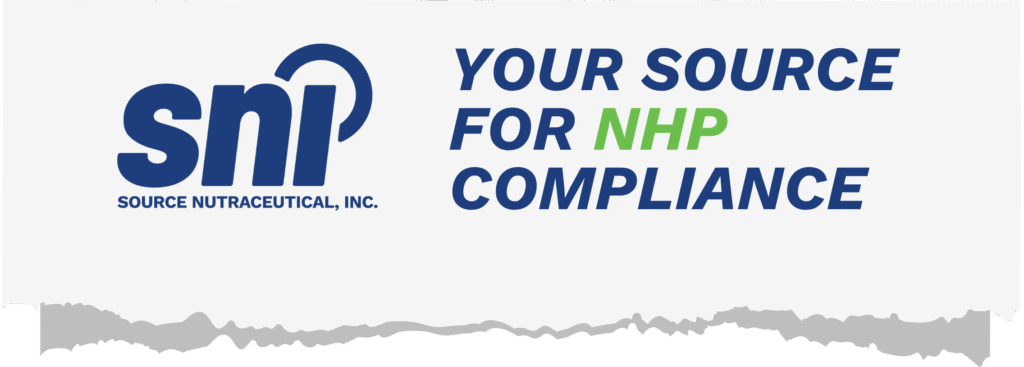
Looking to launch your Natural Health Product (NHP) in Canada? Our expert Regulatory Affairs Team at SNI is here to simplify the licensing process from start to finish. Whether you need a straightforward product licence or plan to conduct a clinical trial to support your health claims, we provide the guidance and expertise you need to succeed.
💊 More about our services here.
💡 Compliance is easy with the right support!
📩 info@sourcenutra.com
⬇️ Send us a request for support or an introductory call
FAQ
How long does it take to get an NPN from Health Canada?
The timeline for obtaining a Natural Product Number (NPN) depends on the classification of your product. Class I applications that align with Health Canada monographs can be approved in as little as 60 days. More complex Class II or Class III applications may take several months (90 days for Class II, 210-310 days for Class III), especially if additional information or scientific evidence is required. Submitting a complete and accurate application can help reduce delays.
Can I start selling my product in Canada while the NPN is under review?
No. You must wait until Health Canada approves your Product Licence Application and issues an NPN before the product can be legally marketed in Canada. Selling or distributing an NHP without a valid NPN is considered non-compliant and could result in enforcement actions such as product recalls or financial penalties.
What are common reasons for NHP application delays?
Delays often occur due to incomplete documentation, unsupported health claims, or discrepancies in ingredient specifications. Another common issue is submitting products that fall outside existing monographs without providing sufficient evidence to support their safety and efficacy. Working with regulatory experts can help identify and resolve these gaps early in the process.
Do I need a Canadian site to apply for an NPN?
Not necessarily. Foreign companies can apply for an NPN, but if the product is being imported into Canada, the importer must hold a valid site licence. In these cases, you’ll need to designate a Canadian importer or distributor who is licensed to handle NHPs in compliance with Canadian regulations.
How can I make my NHP stand out in the Canadian market?
In addition to meeting regulatory requirements, successful NHP brands in Canada often invest in strong bilingual packaging, transparent ingredient sourcing, and substantiated health claims. Building consumer trust through third-party certifications, clean labelling, and clear educational content can also help position your product effectively in a competitive marketplace.
✷ The content on this website, including information presented in this post, is provided for general informational purposes only and does not constitute legal, regulatory, or professional advice. While efforts are made to ensure accuracy, laws and regulations vary by jurisdiction and may change over time. Readers should not rely on this information as a substitute for advice from qualified legal or regulatory professionals. We disclaim any liability for actions taken based on this content, and users are encouraged to seek guidance specific to their circumstances.
